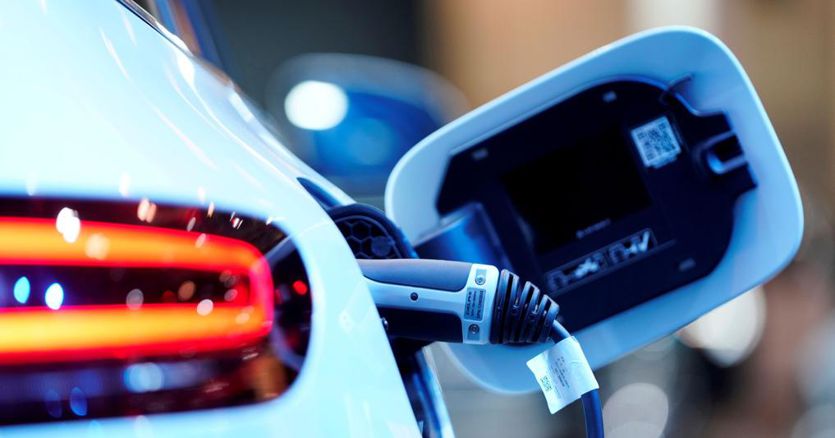Mercedes-Benz is poised to go fully electric by 2030 (“if market conditions allow it”), without giving up on margin targets, even in a battery-powered world. In 2025, to begin with, the German brand owned by the giant Daimler will launch 3 new exclusively electric architectures modulated on the various components of the range, including sports and commercial vehicles. And on the strategic side of batteries, Mercedes-Benz will install with partners a capacity of over 200 Gigawatt hours, providing plans for eight Gigafactories, two more than rival Volkswagen, which announced 6 in March. Stuttgart will be carbon neutral and will naturally see software development at the heart of everything that should revolutionize the way a car is driven.
“Change is picking up speed, especially in the luxury segment, to which Mercedes-Benz belongs. We will be ready when the markets switch to electric only by the end of this decade – explained Ola Källenius, CEO of Daimler and Mercedes-Benz during Strategy Update, the group’s strategy update event on electrification -. This passage marks a profound reallocation of capital. If we can manage this faster transformation while safeguarding our profitability targets, we will ensure the lasting success of Mercedes-Benz. Our workforce is highly qualified and motivated. I am convinced that we will be successful in this exciting new era ».
Loading…
All this translates into a marked acceleration of R&D. A good 40 billion will be invested between 2022 and 2030. By the end of 2020, Daimler had already announced investments of over 70 billion.
The new platforms
There will be three, from 2025. MB.EA will cover all medium and large passenger cars, creating a scalable modular system that will be the backbone for the future electric vehicle portfolio. AMG.EA will be the platform dedicated to high-performance electric vehicles for the AMG range. Finally, VAN.EA will instead be used to create zero-emission electric vans and light commercial vehicles.
The new batteries
Mercedes-Benz will need a capacity of over 200 Gigawatt hours and plans to create eight Gigafactories together with its partners around the world. They will add to an already planned network of nine plants dedicated to the construction of battery systems. Mercedes-Benz says it intends to work with new European partners to efficiently develop and manufacture future cells and modules so as to do its part in ensuring that Europe remains at the heart of the automotive industry even in the electric age. Europe is currently lagging behind Asia, which, while announcements from European manufacturers follow one another – from Renault to Volkswagen to Stellantis for the construction of Gigafactory to produce cells in Europe (and in Italy) – covers 90% of production. .
